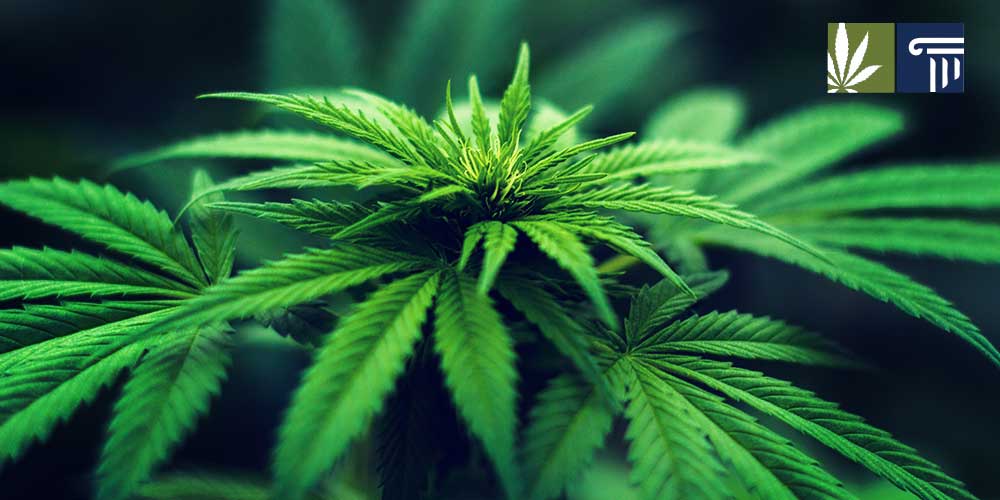Tennessee lawmakers have shelved plans to introduce a bill to legalize and regulate medical marijuana.
The bill’s main sponsor, Sen. Steve Dickerson (R-Nashville), a vocal advocate for medical marijuana, said that they did not have sufficient support across the House so it made sense to postpone bills on the issue until next year.
Prior to the decision, Dickerson considered introducing a legislative amendment that would have permitted severely ill people to legally access medical marijuana from this summer.
Efforts to resume in 2020
As it stands though, Dickerson said that he hopes to reintroduce the bill in 2020, and it is likely that it will be very similar to the amended bill known as the Tennessee Agricultural Medicine Act.
The bill, if passed and signed into law, would have created a legal framework for medical marijuana throughout Tennessee. This would have included a new agricultural medicine commission responsible for issuing licenses to medical marijuana businesses and registration cards to marijuana patients diagnosed with a qualifying condition by their physician.
Patients would then be included on a registry accessible to the police, meaning they could carry marijuana without fear of arrest.
Qualifying conditions
The amended bill included a range of qualifying conditions for medical marijuana such as cancer, HIV or AIDS, Alzheimer’s disease, Hepatitis C, and any chronic or debilitating disease or condition that causes chronic pain, severe nausea, and seizures. Opioid addiction was not included as a qualifying condition, but the proposal leaves some room for the new medical marijuana commission to potentially approve certain cases on an individual basis.
Children with a qualifying illness would also have been able to get a medical marijuana card so long as their parent or legal guardian agreed to be the child’s “designated caregiver.”
Smoking would be banned
The bill allowed for the consumption of marijuana in “nasal sprays, capsules, pills, suppositories, transdermal patches, ointments, lotions, lozenges, tinctures, oils and liquids,” but smoking was expressly forbidden. Vaporized marijuana is “not deemed to be smoked,” so vaping would be permitted.
Municipalities or counties would have been able to prevent medical marijuana businesses from opening in their jurisdiction, while individual residents could also do this by collecting enough signatures and adding an opt-out option to a local ballot.
The bill also includes a provision that would have forbidden marijuana retailers from opening within 1,000 feet of a school, or 300 feet of a child care center, a public park, a public playground, a public swimming pool, a place of worship, or a community center.
For now though, the bill has been sidelined. Dickerson said he considered it more damaging to have the bill voted down now than to delay it until next year.
If passed, the bill would likely face one further hurdle in the form of Gov. Bill Lee, who said prior to his election to office that he is opposed to medical marijuana.
“For me, the data is not substantive enough to show that medical marijuana is the right approach right now,” Lee said during an October debate. “I would pursue other options first.”






